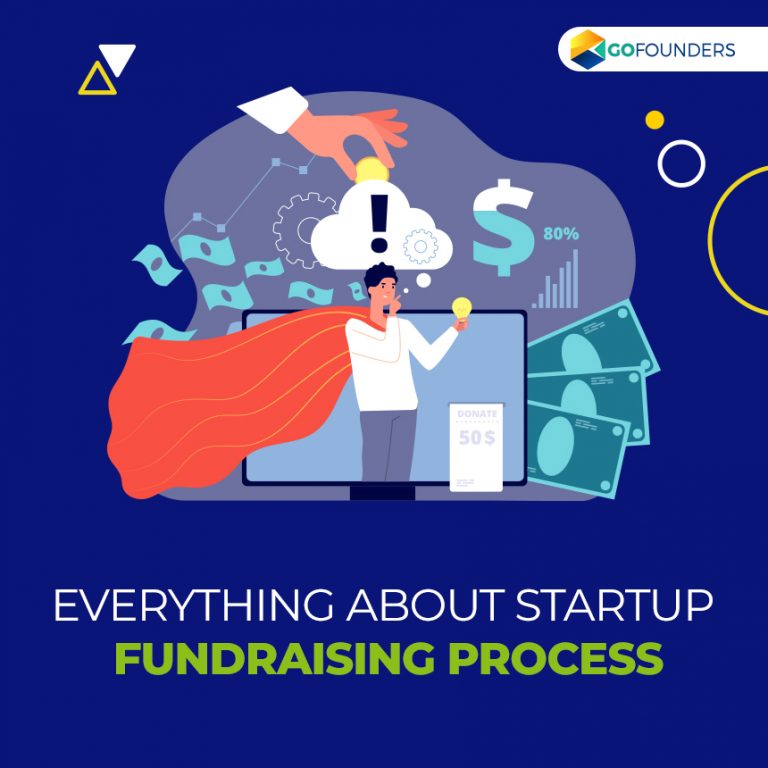
Startups should secure their funding. So that owners don’t face challenges in developing product prototypes, testing market assumptions, and in generating enough funds for their future needs.
You should be in a position to convince an experienced investor that your team can develop incredible products and services. You should do careful research and planning to generate funds. Investors expect that startups should have unique value propositions, traction achieved and how they drive return on investments. Numerous startups have achieved their fundraising goals and objectives over the years. You need to understand how to attract investors and unlock a new funding round. Here you can know everything about startup fundraising process.
Quick Takeaways:
- Raising funds is a significant point for startups to develop next generation products and services. The time between from one development to other varies between six months to a year.
- Investors have their own strategies. You need to search your potential investor to hone your pitch.
- Fundraising is a long term process. You need to meet investors when you are not actively trying to raise funds in order to grow your business.
Steps You Need to Focus on Startup Fundraising Process:
Be prepared and act accordingly:
Take a minute before you begin and think why you are seeking an investment. Figure out at least five ways on how your startup benefit from the funds you will raise. You can easily find out the five reasons. Now, can these ways satisfy experienced investors who think in depth on where his money will be distributed?
Remember, your investors don’t expect the answers like “we will invest in marketing” without any in depth information on return on investments, cost per click, or click through rates of your current and future ads. Even there are many startups who try to get investments without knowing where they are going to invest and how they use the funds.
Focus on your pitch:
You should not overestimate your design and storytelling skills. Also don’t underestimate the importance of creating a significant pitch deck. The first impression that you leave on your potential investors helps to grow your business. Mostly, you can generate good impression by your pitch deck.
Many founders overestimate themselves and fail to understand the importance of a well-defined and well-designed pitch deck. It helps you to convince your potential investors and make them to invest in your idea and not to forget you.
Make sure your pitch deck tells a compelling story where potential investors just see well-designed information. They are very much excited to know you and your idea.

Expand your investor funnel:
Fundraising helps you to grow your investor pipeline. Think and consider this process as being similar to your sales pipeline. Research well about investors who are active in your vertical right now. Ask other founders who have received investments for better understanding. Also search the common funding platforms like angel lists, LinkedIn, and talk with experts and business roundtables.
Now, arrange your connect with investors with warm introductions and then start negotiating with as many as possible. The idea behind this approach is to make investors worry about missing out on a fantastic opportunity and that could give them incredible results. You can get quick decisions and better deal terms as you hold essential information which drive success for them.
You may receive different term sheets simultaneously. In fact, it’s good. Because, you will be in a position to decide which investor fits you and your company and which investor you prefer to work with.
Negotiation:
Before starting, know what you want and then start negotiating with your investors. Be confident with your goal. If your investor force you to act according to their interests, take a stand and make the deal how you want. Here are the best practices for successful negotiations.
Understand your business terms and how they affect each other. Analyze your investor’s strategy and don’t forget that your investors negotiate in a better way than you are. Never break your word.
Be authentic:
Some founders who meet investors to check their value should not judge it as “more” or “less funding”. It does not matter whether it is more or less. When you struggle between clarity on whether you are raising effective funds or not then you stand the possibility of losing out the actual objective of your goal, which is “to raise the right amount of funds to materialize your dream”. So, the best way to raise funds is by being authentic and well prepared.
Conclusion:
Fundraising is a necessary task most startups need to endure periodically. As you go about, the company will grow and so will your liabilities and your future plans. You need to have a clear idea on how you will progress and how you will plan your finances for the most effective results. Don’t blindly rush into opportunities. Do your researches well, take calculated steps and most importantly plan for the future



Patricio Rivers
3 years ago